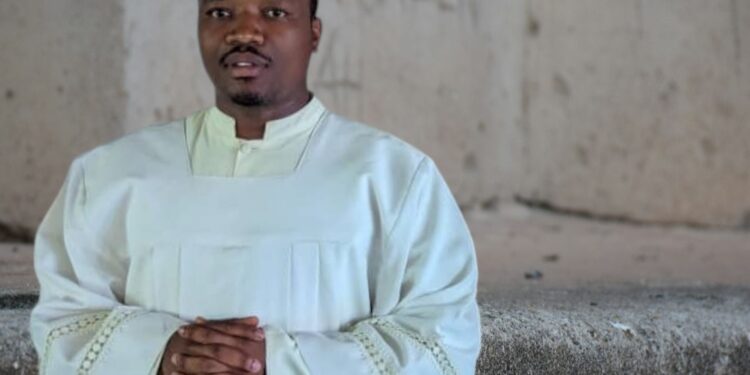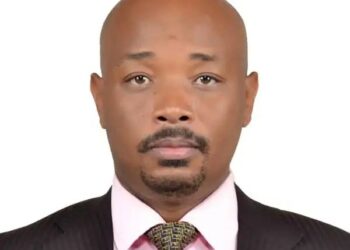What I will not forget about the dawn of 2025 is that i received a powerful sharing from Rev Fr John Baptist Bashobora about “Punctured Souls”. It was on 12th January, 2025, at Karama. In the language of mechanics, our spiritual lives can be likened to a complex machine. Sin can be likened to a malfunctioning component that disrupts the entire system. Just as a faulty engine can cause a vehicle to break down, sin can cause our spiritual journey to come to a grinding halt.
As I reflect on our African culture, I am reminded of the importance of community and the interconnectedness of our lives. However, when we sin, we not only harm ourselves, but also our community and our relationship with God. Sin is like a corrosive substance that can damage the delicate mechanisms of our spiritual lives. “The wages of sin is death” (Romans 6:23), warns the Bible. This death is not only physical but also spiritual, causing us to be separated from God and our community.
But there is hope for repair. In order to repair this damage, we need to confess our sins to God through the sacrament of reconciliation. This sacrament is not just a ritual, but a powerful diagnostic tool that helps us identify the root causes of our spiritual malfunctions. Through confession, we acknowledge our sins, express sorrow, and receive absolution, thereby restoring our relationship with God and our community.
As our ancestors would say, “When you confess your sins, you are washing your hands and face, preparing yourself to sit at the table of the Lord.” The priest plays a crucial role in this process, acting as a skilled mechanic who helps us repair and restore our spiritual lives. According to St. Augustine, “The priest’s absolution is not merely a declaration of forgiveness, but a real forgiveness, which restores the soul to its former state.”
In our African culture, we believe that “The words of the elder have the power to heal and restore.” In this Holy Year, the Church offers a special indulgence, emphasizing the importance of confession in the life of a believer. As Pope Francis says, “The Jubilee is a time of forgiveness, and confession is the sacrament of forgiveness.”
This is a special opportunity for us to experience God’s mercy and forgiveness, and to restore our relationship with Him and our community. As our Lord says, “Come to me, all you who labor and are burdened, and I will give you rest” (Matthew 11:28). Let us approach the sacrament of reconciliation with humility and sincerity, and experience the healing and restoration that only God can offer.
According to Pope Benedict, “When you confess your sins, you are not only healing yourself, but also your community and your relationship with God.” By confessing our sins and receiving forgiveness, we can repair the damage caused by sin and restore our spiritual lives to their former glory.
As we journey through life, let us remember the importance of confession and forgiveness. Let us approach the sacrament of reconciliation with humility and sincerity, and experience the joy and freedom that come with forgiveness. By doing so, we can repair the damage caused by sin and restore our spiritual lives to their former glory. “If we confess our sins, he is faithful and just and will forgive us our sins and purify us from all unrighteousness” (1 John 1:9).
Confession is a powerful tool that helps us diagnose and repair the spiritual malfunctions caused by sin. By approaching the sacrament of reconciliation with humility and sincerity, we can experience the healing and restoration that only God can offer, we can repair our souls zo push us further. Let us heed the call to confession and experience the forgiveness and restoration that only God can offer.
Sem. Robert Bigabwarugaba
robertbigabwarugaba@gmail.com
St Paul’s National Seminary – Kinyamasika
Do you have a story in your community or an opinion to share with us: Email us at editorial@watchdoguganda.com














